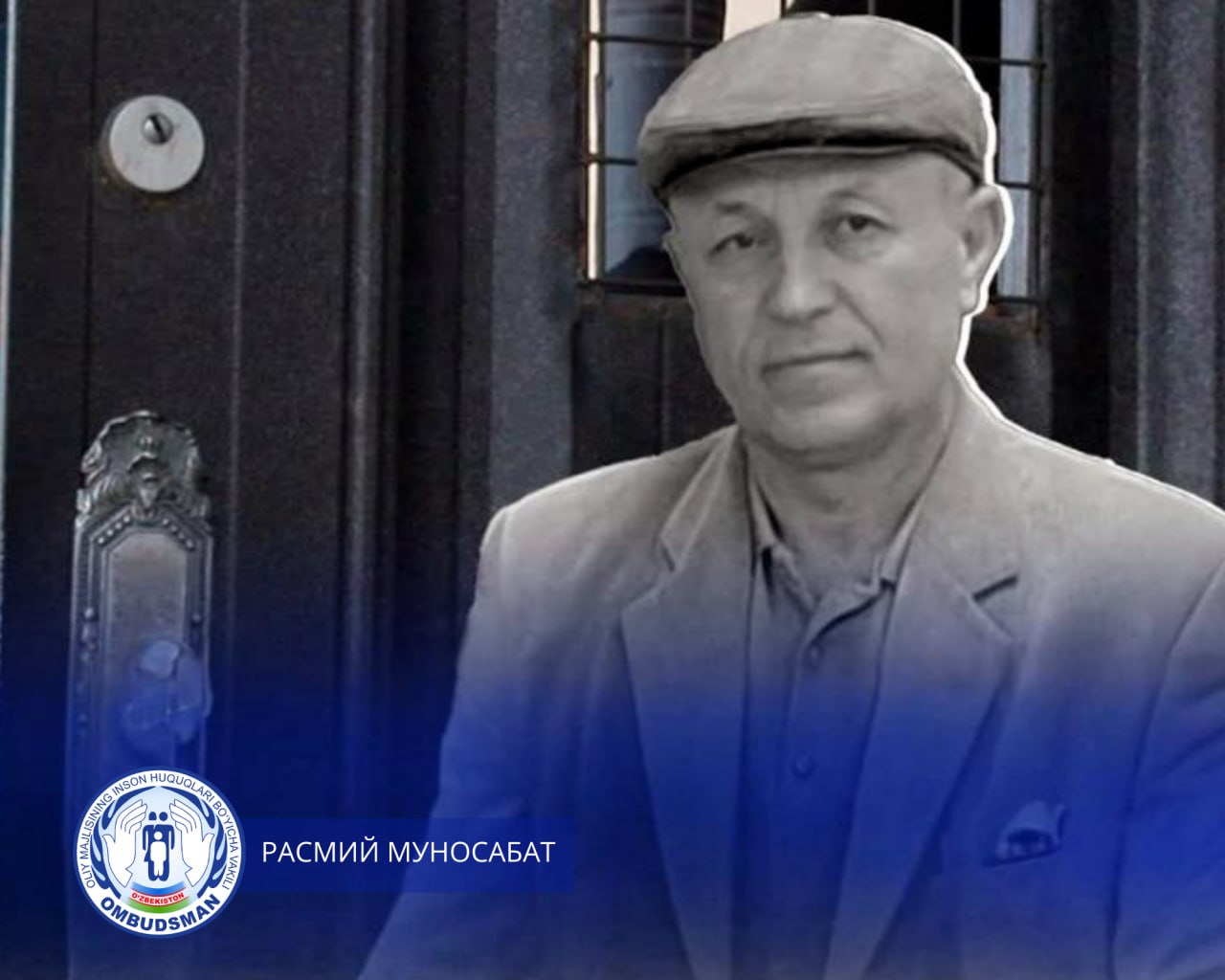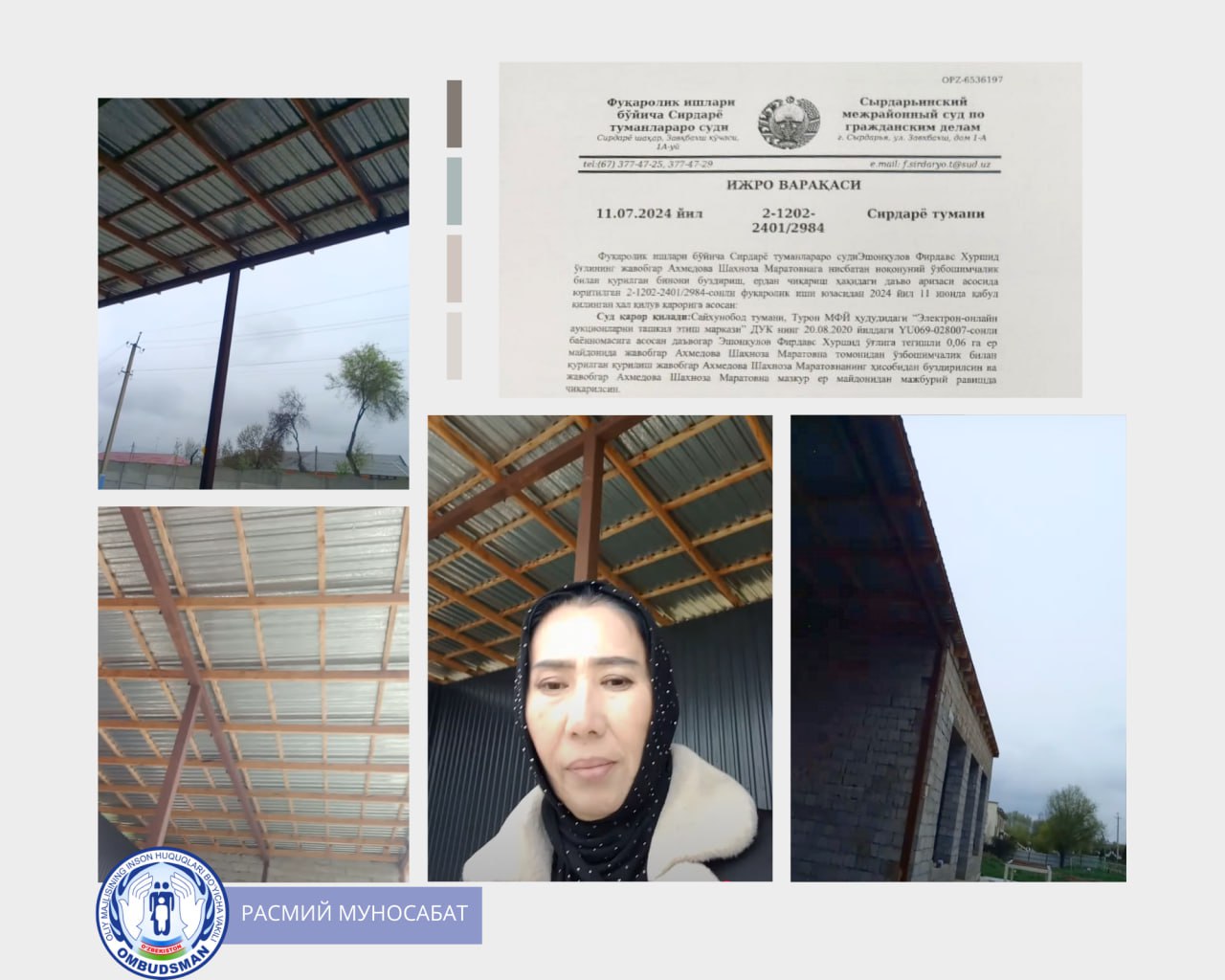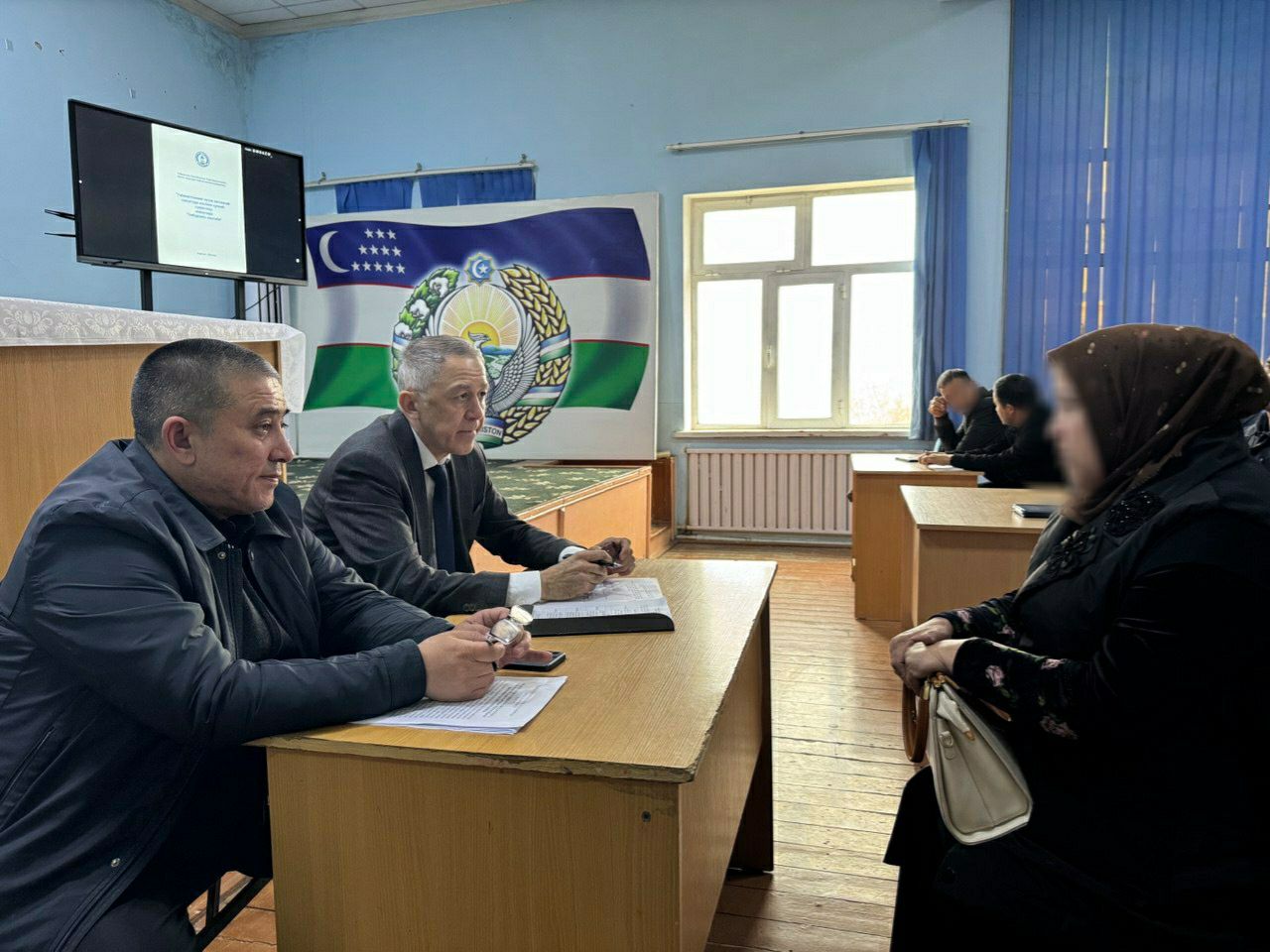At the time of the monitoring visit, the total number of convicts was 656, of which 362 were in special contract institutions, 44 were on additional farms, and the remaining 250 convicts were in a colony-settlement.
In order to ensure the employment of prisoners in the colony, workshops were created for tailoring, carving and manufacturing plastic doors and windows.
In the colony, two buildings were set aside for bedrooms for prisoners, but since the first building needed repairs, all the prisoners were placed in the second building, so more beds were installed in the rooms.
In the open area of the institution, the convicts planted vegetables for their own use and seedlings of decorative flowers.
The sanitary condition of the restrooms and shower rooms is satisfactory.
The kitchen area used by convicts in the colony is fenced with polyethylene materials. This does not meet the requirements of the sanitary and hygienic standard. The regional representative recommended building a separate closed kitchen with all amenities.
The building and rooms intended for short, long meetings are in disrepair, the furniture is also outdated.
On the day of monitoring, 3 convicts were in solitary confinement due to their being brought to disciplinary responsibility. Individual interviews were held with convicts who were brought to disciplinary responsibility.
When checking the state of medical care in the colony, it turned out that the prisoners were given drugs for first aid as needed. On the day of observation, it was found that due to the illness of 2 medical workers of the institution, the convicts were served by a convict with knowledge and experience in the field of medicine.
The head of the colony was recommended to allocate additional medical personnel to the medical department and create additional jobs through the opening of new production facilities.
Press Service of the Authorized Person of the Oliy Majlis for Human Rights (Ombudsman)




























